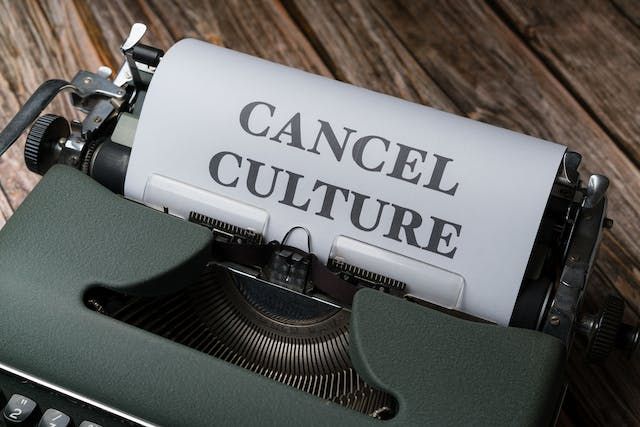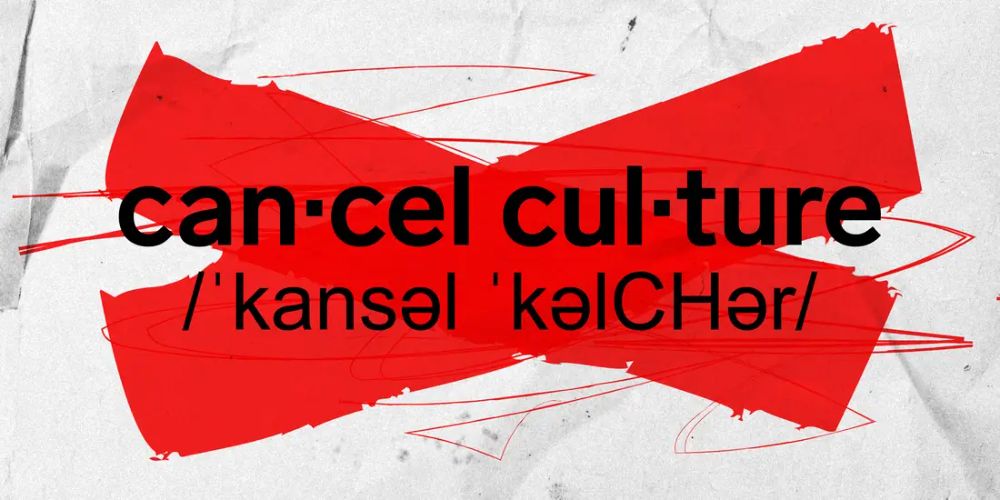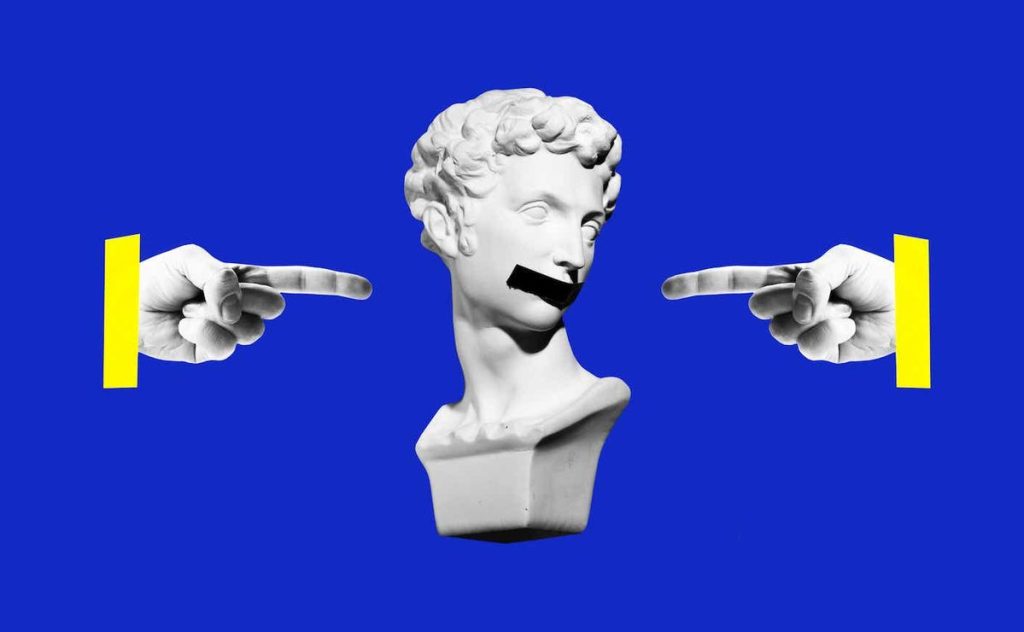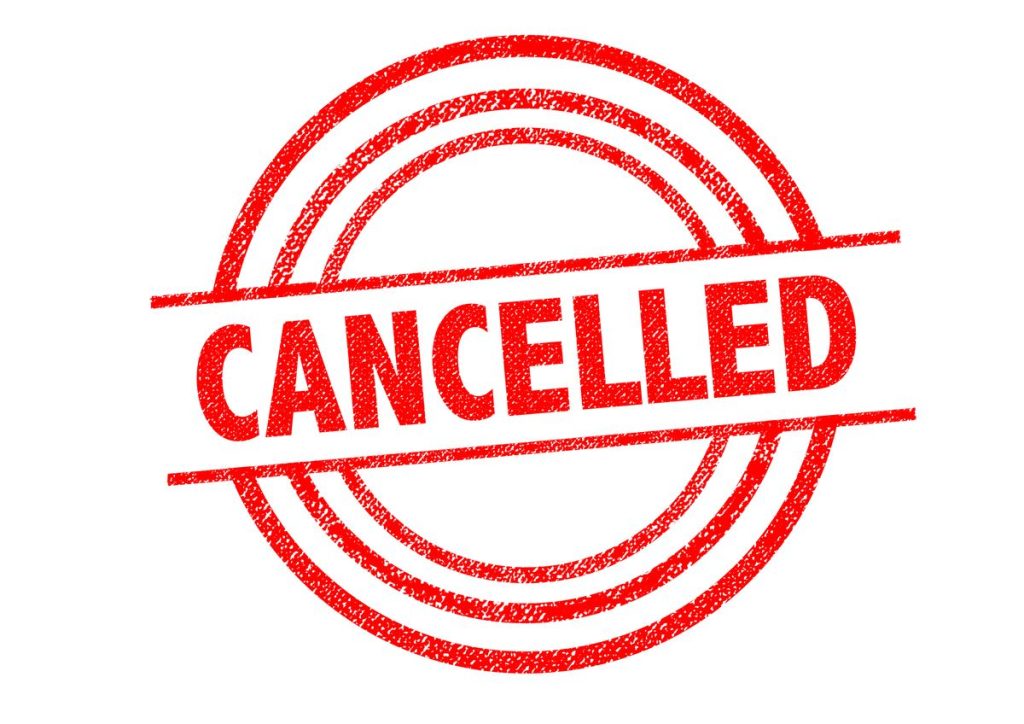Cancel culture is no longer the all-powerful force it once was. In 2025, things are different. Individuals aren’t so keen to cancel, and even when they do, the reaction seems different. We are seeing the beginnings of what many now call cancel culture fatigue, growing exhaustion with outrage, call-outs, and public apologies. But is that proof of progress or just exhaustion?
The Rise Of Cancel Culture
Cancel culture started gaining traction in the late 2010s. It gave people, especially those with little influence in society, a voice. It was intended to call out other people, mostly public figures, for bad actions or words.

Back then, cancellation felt like justice.
Social media heightened and fast-tracked this phenomenon. One tweet would spawn a backlash storm. Hollywood’s high-profile cases, such as Harvey Weinstein’s, when years of abuse came to the fore, contributed to the rise of cancel culture. Celebrities such as Kevin Hart and J.K. Rowling were also subject to huge online backlash. Back then, cancellation felt like justice. The internet was utilized as a platform to denounce bad behavior, request apologies, or demand to be held accountable. It was a way of ensuring that those with power were not above the law.
When Cancel Culture Became Mainstream
Soon, cancel culture left the corners of social media and went mainstream. Big brands began making public statements, and celebrities quickly apologized for almost everything. Saying sorry became a regular part of public relations.
But not all of it was genuine. Most public figures employed apologies for image restoration, not due to actual transformation. Conversely, some individuals started utilizing cancel culture to gain popularity or create drama.
Then, seemingly overnight, everything was “problematic.” From jokes to wardrobe malfunctions, nothing appeared to be safe from being canceled by the masses. As more people and topics became entangled in cancel culture, however, it began to lose its impact.
ALSO READ: Hollywood’s ‘Summer of Scandals’: PR Nightmares, Leaks & the Rise of the Apology Tour
The Signs Of Fatigue
By 2023 and heading into 2025, fewer people were paying attention to cancellation hashtags. Audiences had seen it all before. The cycle: person offends, internet reacts, apology follows, was like a formula.

Instead of joining the outrage, people began making memes about public apologies. Influencers, podcasters, and comedians stopped caring about being canceled. They would often say, “I said what I said,” and move on.
The emotional response shifted. Outrage turned into apathy. People began asking if all this online anger was even helping. They started feeling that cancel culture had become more noise than action.
From Cancellation To Conversation
To balance out this burnout, folks started talking about accountability culture instead. Youth, especially Gen Z, are leading the charge here. They’re still calling out bad behavior, but also inquiring. Is this person trying to learn? Do they know they messed up? Can they do better?
People are moving from fast judgment to deeper conversations.
This does not mean that harmful actions should be ignored. Instead, it means giving space for honest reflection and change. People are moving from fast judgment to deeper conversations. Apologies are still important, but they are no longer the end goal. Growth and understanding are.
ALSO READ: Woody Allen’s Career Declined Due to a Controversy, Inside One of Hollywood’s Famous Scandals
The Risk Of Backlash Fatigue
Cancel culture fatigue comes with a serious risk. As people grow tired of outrage, they might also ignore real harm. Some serious issues are now dismissed as just “another cancel attempt.”
This is dangerous. It means some victims are not believed. Some problems are brushed aside. Not every call-out is fake or attention-seeking. When people become too tired to care, important voices can get lost.

There is a difference between not wanting a lot of drama and failure to act on negative behavior. Fatigue should not be a justification to do something that is wrong. We have to continue to hold people and institutions accountable, even when it is difficult.
Where Do We Go From Here?
So what now? Is cancel culture in 2025 dead? The truth is more complex. Cancel culture is not gone. It is changing.
Audiences now want something deeper. They require transparency, honesty, and real growth. Performative outrage is on its way out
There are fewer mass cancellations and more micro- or community-based actions. Individuals are focusing on local issues, specific harm, and genuine change. Social media continues to have a significant impact, although it is no longer the sole voice.
Audiences now want something deeper. They require transparency, honesty, and real growth. Performative outrage is on its way out. More significant is how someone owns up and what they do next. Cancel culture is maturing, kind of. People are less quick to pounce and more interested in learning. The tone has shifted from rage to reflection.
Maybe We’re Canceling Differently
Cancel culture fatigue does not mean we have stopped caring. It means people are questioning the old ways of handling mistakes online. They are asking whether public shame really leads to change.
Maybe we are not canceling less, maybe we are canceling differently. That might be a sign of growth. Or maybe it is just another way of saying we are tired.
The real question is this: Are we getting better at holding people accountable, or are we simply worn out by trying?
You Might Also Like:
President Trump Signs Order Delaying TikTok Ban for 75 Days
TikTok User Calls Out Store for Forceful Tipping Culture
X Users React to TikTok Shutdown in the US
TikTok Restores Service in the US Less Than 24 Hours Later Amid Nationwide Ban
TikTok Files Lawsuit Against US Law That Could Ban the Platform From the Country

